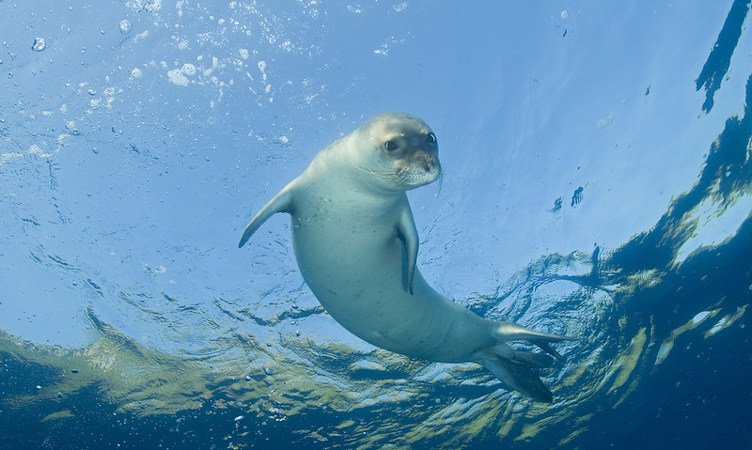More progress needed on protecting our oceans, OSU scientists tell global conference in Athens

CORVALLIS, Ore. (KTVZ) – World governments and other leadership bodies are taking vital steps to protect the ocean, but more progress is urgently needed, Oregon State University scientists reported Wednesday at the eighth Our Ocean Conference in Athens.
“Highly protected areas can safeguard against destructive activities such as high-impact fishing, mining and drilling, allowing marine life to recover and in many cases support nearby human communities,” OSU’s Kirsten Grorud-Colvert said. “We’re honored to be invited to share this evidence with world leaders – they are making decisions that directly affect the ocean and the people that depend on it.”
Grorud-Colvert and Jenna Sullivan-Stack, marine ecologists in the OSU College of Science, told global leaders from the public and private sectors that almost half – 3.7 million square miles – of the currently protected ocean area stems from commitments made at earlier versions of the annual conference, first held in 2014, that was established by John Kerry when he was U.S. secretary of state.
The Oregon State scientists shared a road map for sustaining the momentum of ocean protection during the conference’s closing ceremony, highlighting the importance of accountability for delivering on the promises made at the conference.
Seventy-two percent of the commitments made since 2014 have been completed and real progress is happening through those completed promises, Sullivan-Stack said.
“Our research shows that if all of the current protected area commitments were completed, 4.1% of the ocean would be protected, including 1.2% categorized as either fully or highly protected against destructive activities,” she said. “If all promises across all venues were completed, more than 9.3% of the ocean would be protected, with more than one-third of that area fully or highly protected.”
Based on their findings, the OSU researchers outlined five recommendations for world leaders who have made or will make ocean protection commitments:
- Support progress, so actions don’t stall on the road to completion.
- Ensure that protected areas are monitored, managed and collaborative, so they can achieve intended results.
- Support an online commitment registry for the accurate tracking of progress on ocean commitments.
- Celebrate completed actions and success stories with a reporting at each Our Ocean Conference.
- Use the success of the Our Ocean Conference to create momentum for a full range of meaningful, effective ocean actions, including sustainable fisheries, reductions in greenhouse gas emissions, adequate financing, and vigilance to equity and justice issues.
“Progress is happening, but more is needed,” Grorud-Colvert said. “Now is the time to focus on finishing these commitments and accelerating new actions to protect the ocean and stave off the destructive activities that threaten a thriving ocean and its benefits to people. The well-being of our planet depends on it.”
The Our Ocean Conference, held at a different location each year, brings together leaders of governments and industry, as well as youth and civil society, to tackle problems that threaten the health of the ocean. The goal of the conference is commitment to action that protects and restores ocean ecosystems and allows them to be used sustainably.
More than 190 new or expanded marine protected areas have been committed to since the conference started, Grorud-Colvert and Sullivan-Stack said. If they are implemented, with protections activated, they would cover more than 5.7 million square miles, or more than 4% of the ocean.
Since 2014, participating bodies in the Our Ocean Conference have made more than 2,100 conservation promises, the OSU researchers said. The pledges include efforts to reduce ocean pollution, thwart illegal fishing, support sustainable food from the sea and protect livelihoods.
More than 360 of the conservation pledges are to establish, fund or enhance marine protected areas. Total financial commitments exceed $4 billion, the scientists said.
“The magnitude of the Our Ocean commitments are commendable,” said Angelo Villagomez, senior fellow with Center for American Progress. “But the true measure of success will be for these top-down approaches to meet on-the-water efforts in a way that is both effective at conserving ocean life and also equitable and just for human communities.”